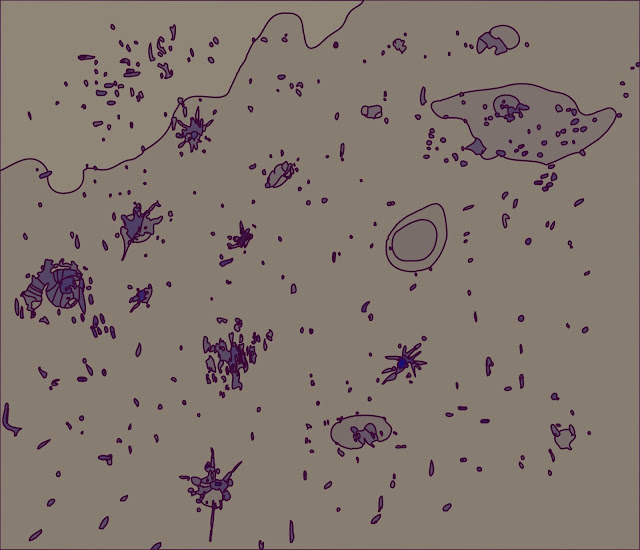What You Need To Know About The Universe, According To Scientists
It’s no secret that the universe is a vast and mysterious place. And while we may not have all the answers to its secrets, scientists have made great strides in understanding our place in it. In this blog post, we will explore some of the latest findings about the universe and what they mean for us here on Earth. From the Big Bang to dark matter and everything in between, read on to learn more about the universe according to scientists.
 |
What is the universe?
The universe is everything that exists. It includes all of space and time and all the matter and energy in it. The universe is constantly expanding and evolving. Scientists have only been able to study a small part of it, but they continue to learn more about the universe every day.
How big is the universe?
It’s big. Really big. In fact, it’s so big that we can’t even wrap our heads around it. The universe is made up of all the matter and energy in existence, including planets, stars, galaxies, and even the contents of intergalactic space. It’s estimated to be at least 93 billion light years across and is expanding every day.
What is the composition of the universe?
The universe is composed of a variety of things, including stars, galaxies, planets, and other objects. All of these things are made up of matter and energy. The universe also contains space, which is what everything is located in.
Stars are the biggest and most important objects in the universe. They are huge balls of gas that produce their own light and heat. Stars come in different sizes, colors, and temperatures. The sun is an example of a star.
Galaxies are collections of stars, gas, dust, and other matter. Galaxies come in different shapes and sizes. The Milky Way galaxy, which contains our solar system, is an example of a spiral galaxy.
Planets are smaller than stars and orbit around them. There are nine planets in our solar system: Mercury, Venus, Earth, Mars, Jupiter, Saturn, Uranus, Neptune, and Pluto (which is now classified as a dwarf planet). Planets can be either rocky or gaseous. Earth is an example of a rocky planet while Jupiter is an example of a gaseous planet.
How did the universe begin?
In the beginning, there was nothing. No stars, no planets, no galaxies—just an infinite expanse of empty space. Then, about 13.8 billion years ago, something happened. Scientists aren’t sure what that something was, but they think it was a tiny point of infinite density and temperature that exploded in what we now call the Big Bang.
This event set off a chain reaction that created everything we see today: stars, planets, galaxies—and even us! As the universe expanded and cooled, matter began to clump together to form the first structures: clouds of gas and dust known as nebulae. Over time, these nebulae collapsed under their own gravity to form the first stars and galaxies. And our own Milky Way galaxy formed about 13 billion years ago from a giant cloud of gas and dust.
What is the future of the universe?
Scientists have long been studying the future of the universe and trying to answer the big questions about what will happen to it. While there is much we don't know, there are some things that scientists are fairly certain about.
One thing that scientists are fairly certain about is that the universe will continue to expand. This is based on the observation that most galaxies appear to be moving away from each other. The expansion of the universe means that eventually, all galaxies will be so far apart that they will no longer be able to see each other. In fact, they will be so far apart that their light will take billions of years to reach us.
This leads to another thing that scientists are fairly certain about which is that eventually, the universe will become a very cold place. As galaxies move further and further apart, they will emit less and less light and eventually all the stars in all the galaxies will burn out and die. With no sources of heat or light, the universe will become a very dark and cold place.
So what does this mean for life in the universe? Well, since we don't know exactly how long it will take for all this to happen, it's hard to say for sure. However, it's possible that by the time the universe becomes a cold and dark place, life as we know it will already be long gone. Or alternatively, perhaps some form of life could exist which is able to adapt to these conditions.
Conclusion
Scientists have made great strides in understanding the universe, but there is still much to learn. In this article, we've presented some of the most important things that scientists currently know about the universe. From its immense size to its billions of galaxies and trillions of stars, the universe is an incredible place. And with new discoveries being made all the time, who knows what else we'll learn about it in the future?









